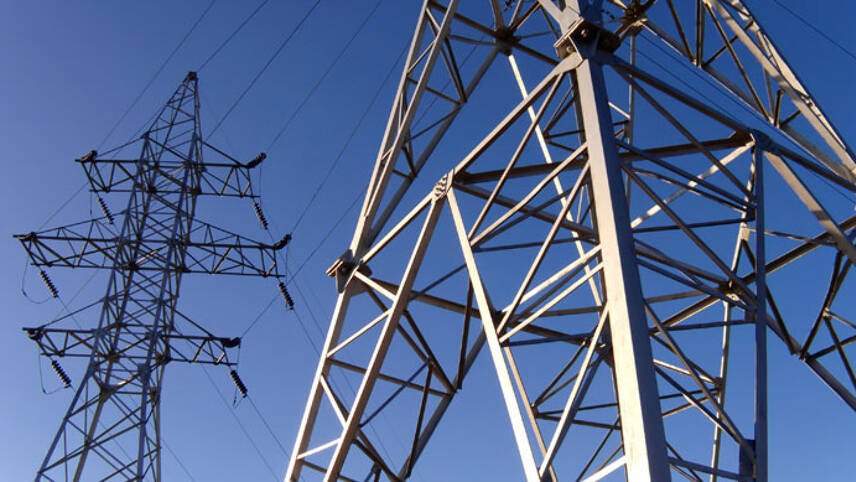Member only content free until 26/05/2024
To continue reading this article and enjoying free access to all Utility Week’s content up to the 26/05/2024 Register today!
Ready to become a member?

Changes could be made to the capacity market to give demand side response (DSR) measures a boost in future auctions, the energy minister has suggested to the Energy and Climate Change select committee.
Giving evidence to MPs on Tuesday morning, Matthew Hancock said “there could be changes” made to the capacity market auctions over the summer ahead of the next auction later this year.
He told MPs that the Department of Energy and Climate change (Decc) has had “extensive discussions with the DSR fraternity” and that the concerns that were raised – including the length of the contracts available to DSR measures in the capacity auctions – “will be part of the review over the summer”.
Hancock added: “We are going to look at the makeup of DSR that has been successful and DSR that bid [in the capacity auction]. If there are technical changes that are needed, of course we will consider making them.”
However, the energy minister refused to rule out the inclusion of “diesel farms” as a form of DSR that can bid into future capacity auctions.
The energy minister also rejected calls from groups such as the Renewable Energy Association for more frequent capacity auctions, saying that a single auction per year will allow them to be “liquid enough to get the best possible value for money”.
He accepted that more frequent auctions could help independent generators by giving them more opportunities to successfully bid, but said that if the capacity market or contracts for difference (CfD) allocations was “too burdensome” they should seek subsidies under the feed in tariff regime because that is “designed for small players”.
Hancock also admitted that the eight early CfDs that were awarded failed to provide the best deal for consumers.
The contracts were awarded without an auction and were subsequently criticised by the National Audit Office for potentially adding to consumer bills.
“Having a competitive market gets you the most bang for your buck,” Hancock said, but added that the process had prevented an investment hiatus.




Please login or Register to leave a comment.